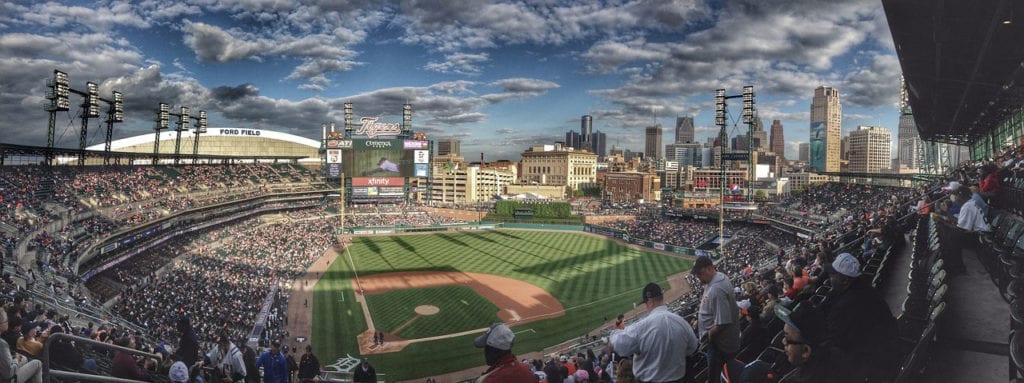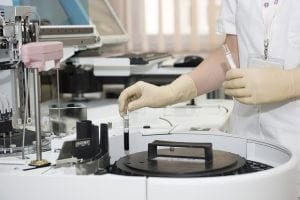The 1980 World Series was a grand event for the Philadelphia Phillies. It was the last inning, and the Phillies were up by 3. With two players out and the bases loaded, the Kansas City Royals had a chance to upset the game. Tug McGraw stepped up, striking out the final batter and securing the Phillies’ win. Veterans Stadium, where the Phillies used to play, lit up with cheers and excited screams.
Unfortunately, shares an article in PEOPLE, this memory is somewhat tainted by the fact that McGraw, along with five other former Phillies players—David West, John Vukovich, Johnny Oates, Ken Brett, and Darren Daulton—were all diagnosed with, and later passed away from, glioblastoma. As originally shared in a stunning report from the Philadelphia Inquirer, Phillies players who played at Veterans Stadium between 1971-2003 developed glioblastoma at a rate 3x higher than the average in adult males. Is artificial Astroturf to blame?
Diving into the Investigation
According to the Phillies, no. The team, when speaking with PEOPLE, shared that while they were saddened by the death of their former players, there was no conclusive evidence linking the artificial turf to glioblastoma. Additionally, the Phillies mentioned that they had spoken with Dr. John Boockvar and Dr. Kyle Walsh, experts in their field, to discuss whether any relationship might exist. They were told that there was no link.
However, the Philadelphia Inquirer writes that that per-and polyfluoroalkyl substances (PFAS) could play a role. The U.S. Food and Drug Administration (FDA) explains that PFAS are:
a diverse group of human-made chemicals used in a wide range of consumer and industrial products. PFAS do not easily break down and some types have been shown to accumulate in the environment and in our bodies [and exposure has] been linked to serious health effects.
The Philadelphia Inquirer came to this idea after purchasing pieces of artificial turf that had come from Veterans Stadium; testing showed that sixteen different PFAS subtypes were found in the turf. These were PFAS known to cause adverse health effects. In the past, research has shown that PFAS exposure can harm the liver, kidneys, testicles, and other organs. While it has never been explored in relation to glioblastoma, some suggest that increased research is needed to understand the impact.
The Phillies did mention that Drs. Walsh and Boockvar shared that there was no causal link between PFAS and glioblastoma. While the number is high, Dr. Walsh shares, those who developed the cancer were within the key demographic. Though it is possible that PFAS led to this, there does not seem to be a definitive way to prove it. The Phillies now play on a grass field at Citizens Bank Park.
To read the full report, head to the Philadelphia Inquirer.
What is Glioblastoma?
Also referred to as glioblastoma multiforme (GBM), glioblastoma is a fast-growing and aggressive form of brain cancer. The exact cause is unknown. Risk factors include pre-existing genetic disorders, being male, and previous radiation therapy. Although glioblastoma is rare, it comprises around 20% of all brain tumors. It arises in star-shaped astrocyte cells. Although it may invade nearby brain tissue, it does not usually metastasize (spread) to other areas of the body.
Symptoms of glioblastoma may include:
- Persistent headaches
- Double or blurred vision
- Changes in mood, behavior, or personality
- Difficulty thinking or speaking
- Vomiting
- Appetite loss
- Seizures
Treatment options include surgery, chemotherapy, electric-field therapy, and radiation—often in combination. Unfortunately, glioblastoma often regrows after treatment. The prognosis is poor, with a five-year survival rate of just 6.8%.








